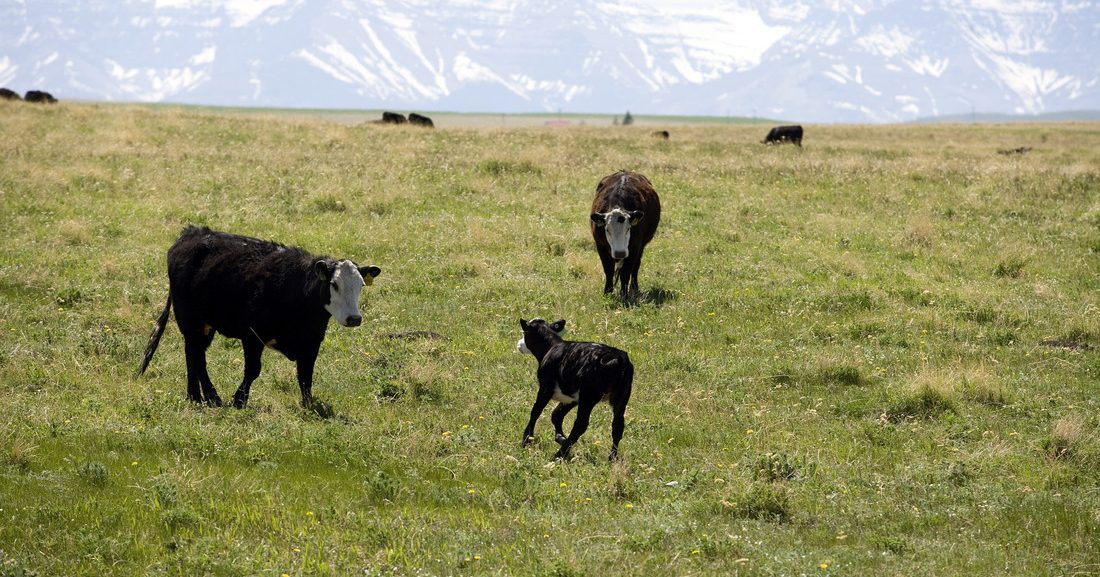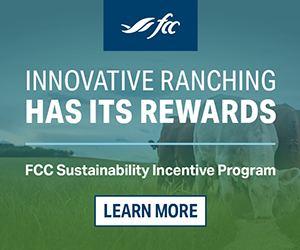AB Direct - Steers
Rail: 505.00-508.00 del (bids/sales)
AB Direct - Heifers
Rail: 505.00-508.00 del (bids/sales)
US Trade- Steers
Rail: ---
US Trade - Heifers
Rail: ---
Canadian Dollar
0.03

Canadian Angus Association receives $3.8M to help producers make data-driven decisions
The Canadian Angus Association will receive $3.8M to increase Canadian cattle producers’ ability to make data-driven decisions based on genomics to economically benefit their commercial livestock operations. The investment will be used to develop a genetic selection tool to equip producers with breeding data to select the best replacement heifers to improve their herds.
Using the selection tool, producers will have access to reliable genetic data to select for desired traits such as growth and fertility. This will improve the overall genetic potential of Canadian cattle herds, which has the potential to translate into increased profits across the value chain and more exports.
Results Driven Agriculture Research (RDAR) facilitated a contribution of $978,000, through the Sustainable Canadian Agricultural Partnership — funded by the governments of Alberta and Canada. The Canadian Angus and Hereford Associations, together with TELUS Agriculture, contributed to the balance of the $3.8M.
RJ Sigurdson, Minister of Alberta Agriculture and Irrigation, says Alberta is known for having some of the best beef products in the world.
“We are pleased to help fund this innovative project which will enable Alberta’s cattle producers to make more informed, data-driven decisions about their herds, and help us maintain our world-class reputation,” says Sigurdson.
The principal investigator Dr. Kajal Latimer, Director of Science and Technology for the Canadian Angus Association, sees the industry benefits of this genetic selection tool project to be far-reaching as it uses extensive Canadian seedstock and commercial data collected by both Cattle Associations and TELUS Agriculture.
“From a geneticist’s perspective, the opportunity to lead this project is a dream come true. Thanks to the project partnerships and support from RDAR, we can link animal performance information from all parts of the Canadian beef industry to create genomic predictions that work for our commercial sector. Nothing is more rewarding than having the opportunity to develop science and systems that support our commercial producers.”
Using the selection tool, producers will have access to reliable genetic data and replacement female information at the same depth that has been available for breeding bulls. By expanding access to heifer genetic information, the industry can improve animal health outcomes while reducing producer input costs.
Dr. Latimer’s team is working to develop an easy-to-use animal record management system and training staff to help on-farm with DNA sampling and data recording.
Austin Cross, of Cross Cattle Company, Alberta, says this is an important move in the right direction to being able to achieve his on-farm goals.
“If genomic data were available to effectively sort heifers for performance, maternal traits, and carcass quality, the long-term dream of advancing herds would be possible. Marketable data would also give producers a competitive edge in domestic and export markets, and buyers at different points in the animals’ cycles would have more insight into what they are buying.”




